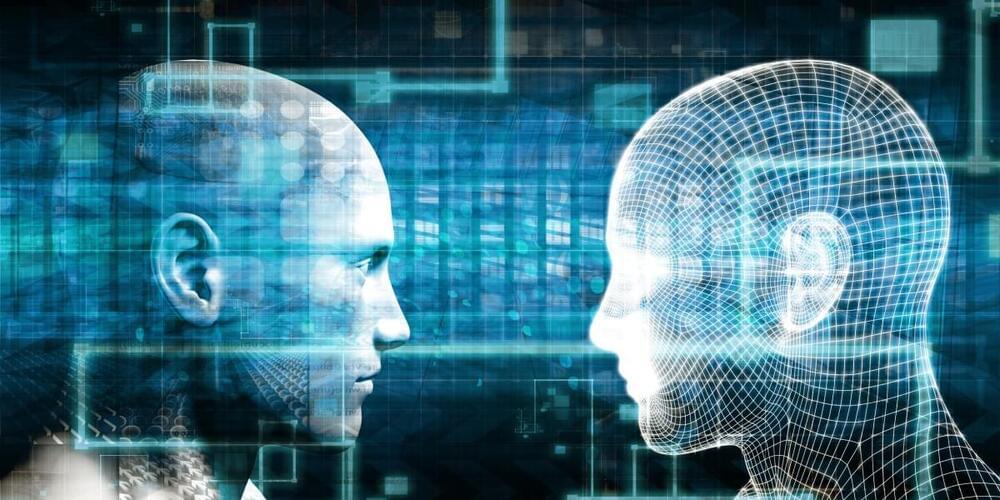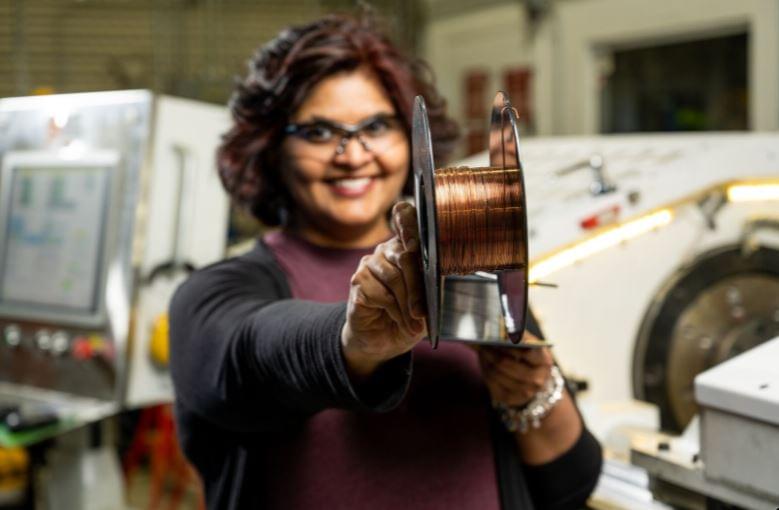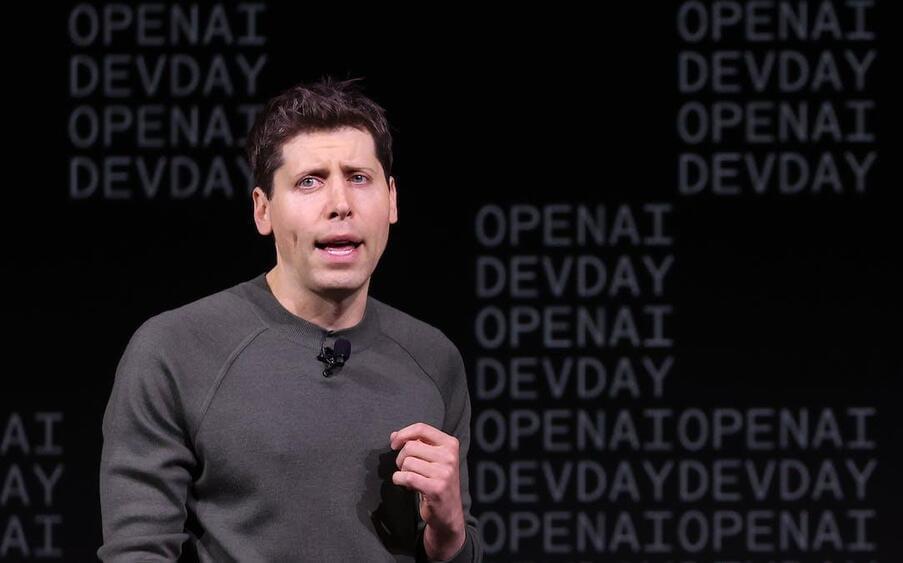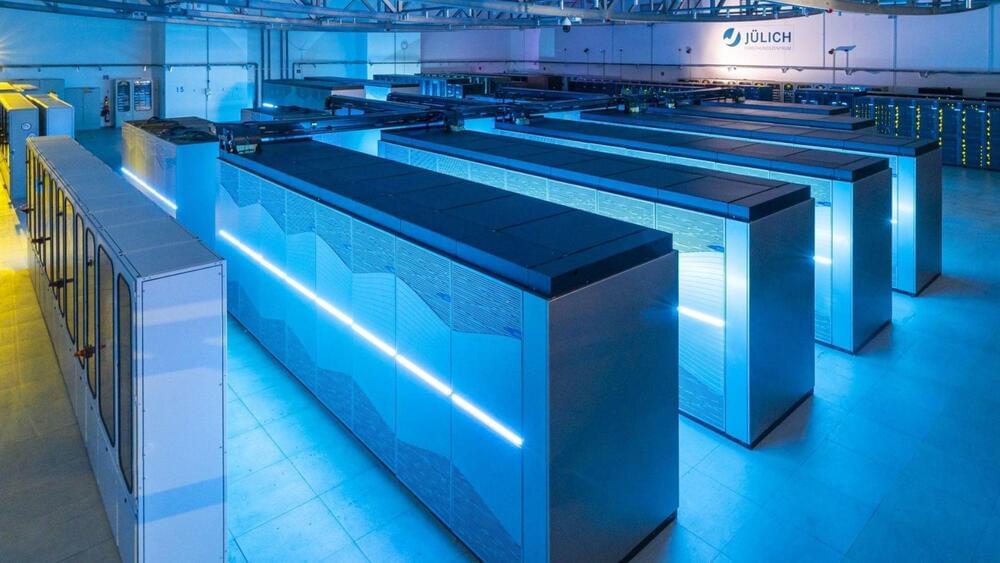Square Enix is using AI to increase productivity.
“In the short term, our goal will be to enhance our development productivity and achieve greater sophistication in our marketing efforts,” Kiryu continuted. “In the longer term, we hope to leverage those technologies to create new forms of content for consumers, as we believe that technological innovation represents business opportunities.”
On the publishing front, Kiryu reveals the company wants to “enable greater global collaboration and to promote the shift to digital.” The team hopes this will allow them to not only gives them the chance to “maximize our sales of new titles, but also to deliver our rich back catalog to more customers and in turn to expand the fan base for our Group’s intellectual properties (IPs).”
There is also a desire to put plans in place to ensure for easier and greater collaboration between the development and publishing teams at Square Enix in hopes this will make its “customers even happier than ever before.”









